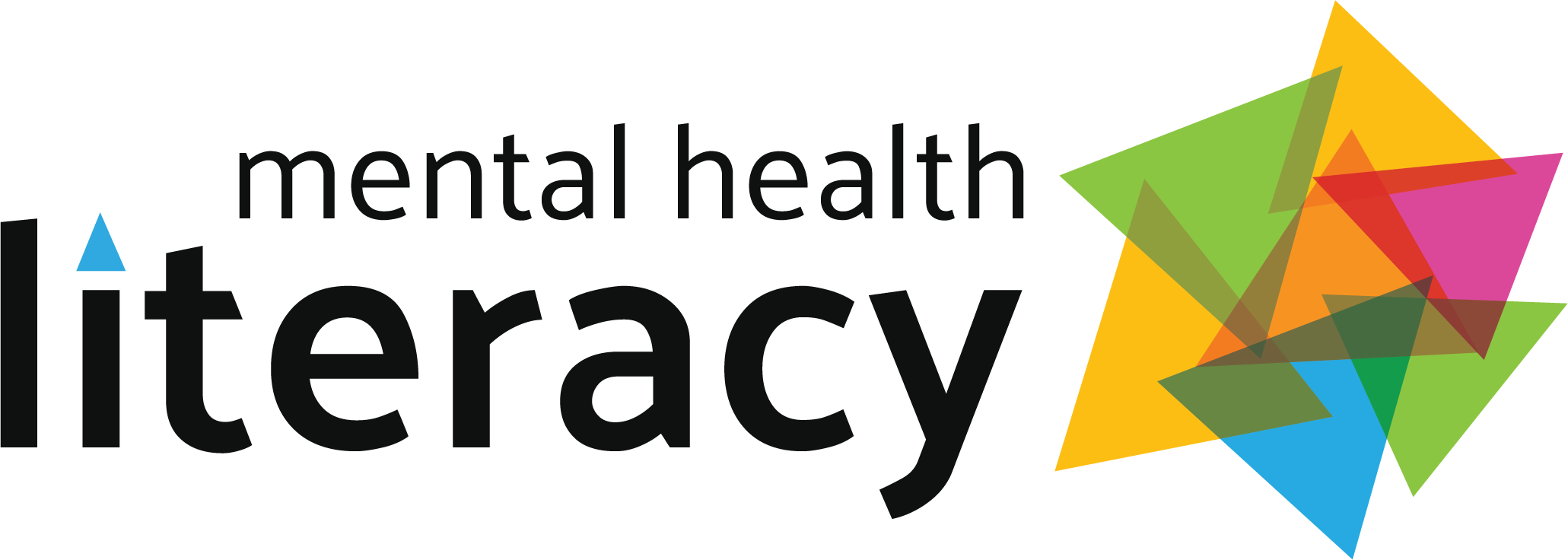W e have developed and continue to develop a series of tools that can be used to help health professionals in their diagnosis and treatment of youth with mental disorders. These materials have been created by clinicians and research experts in the area of adolescent mental health and the application of various clinically useful scales and tools in clinical, research and institutional settings.
The materials in the clinical tools section are available for you to download and use freely in your clinical or educational work. We are also eager to translate these materials into as many languages as possible. If you are able to provide us with translations we do not currently have, we’re happy have you work with us to translate and back translate any of these tools.
Contact us if you’d like to get involved in translating any of the materials you see here or have any feedback, comments and suggestions.
The Kutcher Adolescent Depression Scale (KADS) was developed to assist in the public health and clinical identification of young people at risk for depression. It was created by clinicians and researchers expert in the area of adolescent depression and the application of various scales and tools in clinical, research and institutional settings. The KADS 6-item is designed for use in institutional settings (such as schools or primary care settings) where it can be used as a screening tool to identify young people at risk for depression or by trained health care providers (such as public health nurses, primary care physicians) or educators (such as guidance counsellors) to help evaluate young people who are in distress or who have been identified as possibly having a mental health problem.
You can download the 6-item KADS here.
The Kutcher Adolescent Development Scale (KADS) was developed to assist in the public health and clinical identification of young people at risk for depression. It was created by clinicians and researchers expert in the area of adolescent depression and the application of various scales and tools in clinical, research and institutional settings. The KADS 11-item presented here is optimized for monitoring outcome in adolescents (12-17 years) who are receiving (pharmaclogic) treatment for major depressive disorder.
You can download the 11-item KADS here.
The Kutcher Generalized Social Anxiety Scale for Adolescents (K-GSADS-A) is a clinician-rated scale designed to assess the severity of social phobia in adolescents.
You can download the K-GASADS-A here.
The Tool for Assessment of Suicide Risk for Adolescents (TASR-Am) was developed to assist in the clinical evaluation of young people at imminent risk of suicide by clinicians in the area of adolescent suicide assessment and the development and application of various scales and tools in clinical, research and institutional settings.
This version is a modified version of the original and has replaced the TASR-A.
You can download the TASR-Am here.
The Teen Functional Assessment (TeFA) is a self-report tool. It is meant to be completed by the patient and should take no more than three minutes to complete for most adolescents. Health professionals can use the information obtained on the TeFA to probe for further information – especially in those areas where the young person noted worse or much worse than usual and in those domains that the teen identifies as either self or parental worry.
You can download the TeFA here.
The Psychotherapeutic Support for Teen (PST) tool provides clinicians with guidelines and suggestions that they can use to direct their clinical interactions with the teen.
You can download the PST tool here.
The Mood Enhancing Prescription (MEP) is a useful and time efficient tool that can be used to help the young person identify and plan their daily activities.
You can download the MEP here.
The Mental Health Therapeutic Outcomes (TOT) was developed to provide busy clinicians with a comprehensive, yet practical synthesis of information vital to the assessment and monitoring of mental health treatment outcomes.
You can download the TOT here.
The Clinical Global Impression (CGI) is an invaluable tool for monitoring the treatment outcomes of any patient. It is easy to use (instructions follow), easy to record and gives the health provider a useful and reliable means of telling if the patient is getting better or not. Routine use of the CGI at every clinic visit can help simplify record keeping and lets you know how your patient has done over the duration of her/his care.
The Chehil Kutcher Side Effects Scale (CKS) is a antidepressant monitoring tool collects and tracks a wealth of information on patients reactions to medications.

